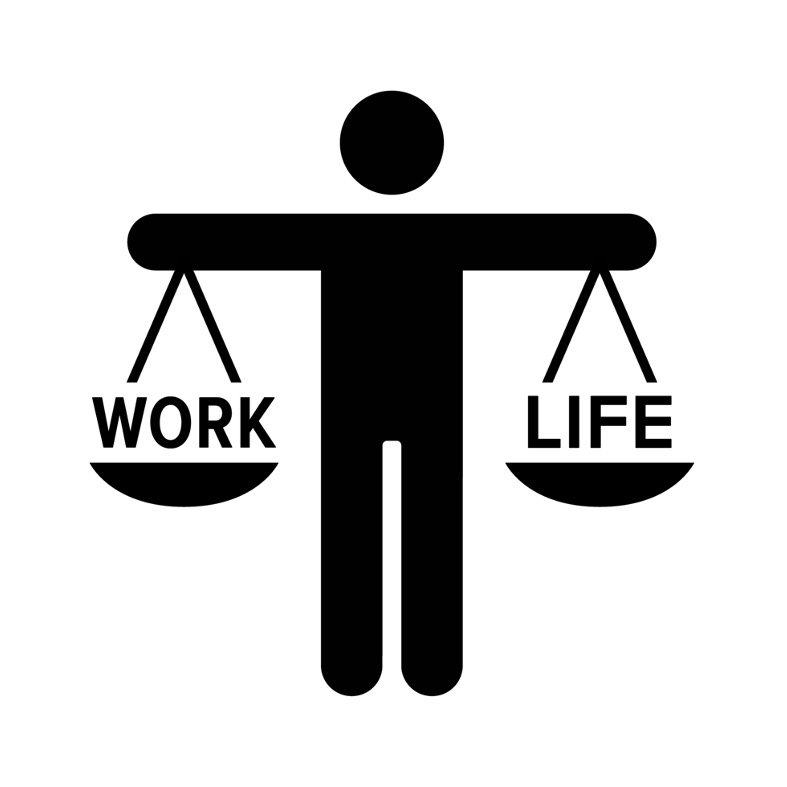- Resource Center
- Professional Development
- Articles & Videos
- Work/Life Balance: The Parent Trap
12 September 2023
| by i3 Coaching
Work/Life Balance: The Parent Trap
The title of a heartwarming American cult classic released 25 years ago, “The Parent Trap”, could also depict many a coaching engagement quandary. Balance and wellness surface regularly in coaching, and for many leaders this means maneuvering the dual roles of professional and parent. I support clients in examining their values and creating new behaviors and realistic boundaries to honor them.

Surprisingly often, the hard part of balancing the scale is less about changing work and more about easing pressure on self to parent perfectly. Social media and pop culture propagate an idealized version of parenting that lures parents into existential guilt. Having raised four children I am familiar with these feelings of inadequacy. At one point we had one in college, one in high school, one in middle school and one in elementary. When asked how did I “do it all” I would reply, “I don’t do anything well.” That was exactly how I felt much of the time.
One might hypothesize that the advent of virtual offices, more flexible work schedules, and the trend toward more family friendly company cultures and policies would make it easier for parents of today. But, from what I experience in my practice, the reverse is true. In 2022 I coached a team of professionals after their executive leader identified that “balance” was a potential minefield that could handicap the gifted and hardworking team. I observed that parental guilt is prevalent, and not a gender specific woe. Equal rights means that fathers as well as mothers are riddled with guilt and concerns of inadequate parenting. The duress of perceived performance failure intersects precisely in the area many identify as a top priority - family.

The article “Working Long Hours Doesn’t Harm Your Kids, but this Surprisingly Small Behavior Does” links to a wealth of interesting research supporting this premise - Being mentally present with kids is what matters, not the number of hours spent with them. In fact, unstructured daily activities (like household chores or running errands) afford families the opportunity for much sought after “quality time” to which parents aspire. Being present is a coachable behavior that clients are able to target with intention. The kryptonite to overcome - attachment to our devices.
1970s FLASHBACK - A Quality Time Personal Testimonial
I was a “latchkey” kid with two working parents and a dad who worked a second shift job during much of my early development. My memories are of a good childhood with parents who were fun and attentive. On Thursday nights we cleaned house. They would crank Johnny Cash on the stereo and we would all go about our assigned tasks. I dreaded Thursday nights, yet decades later I warmly remember and categorize this ritual as quality time.
More Present With Less Presence: Quality over quantity extends beyond parenting.
I chose the parenting quicksand pit of relational guilt because it is prevalent, but the art of presence extends to the health of all relationships, and it is not only parents who struggle with balance in their personal relationships. Transferring this skill to the workplace may also reap productivity and relational benefits.

What about other tweaks to the “work" side of the scale? As mentioned, those are typically the easier part of the balance scale to adjust. Depending on the scenario clients gain bandwidth from tackling a predictable set of possibilities:
* Better delegation.
* Trust in others.
* Training and empowerment of others (so that delegation is successful.)
* Clearly defined expectations and assignments.
* Calendar & scheduling rigor.
* Level-set expectations on availability

Parents don’t have an exclusive on life balance woes, but this sub-area of is on frequent radar in my practice….. and it touches my heart in real life. One of my daughters is a professional who is also a spectacular parent (as is her husband.) I witness her unrelenting worry that she is not “enough” to her happy and well-loved toddler. To so many who walk in her shoes;
1. Find strength in numbers; You are not alone.
2. Find encouragement in reality. Perfection is a myth.
3. Find growth through new actions and attitudes at work and at home.
BE PRESENT IN YOUR HERE AND NOW.




